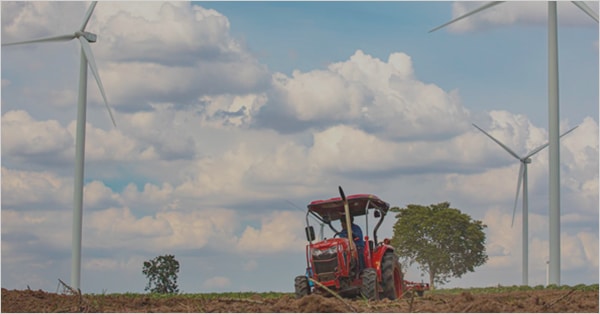
Since 2014, Brazil has been a pioneer in its regulatory and supervisory approaches to managing the socio-environmental risk incurred by financial institutions that make up the National Financial System (SNF). Moreover, the Central Bank of Brazil’s (BCB) institutional work agenda -known as the Agenda BC#- recently embraced the importance of socio-environmental (S&E) sustainability for Brazilian economy and SFN, incorporating the new ‘Sustainability Dimension’ as its fifth pillar.
With the aim of improving the standards on risk management and social, environmental and climate responsibility applicable to the financial sector, the BCB launched a Public Consultation No. 85, motivated by the growing relevance of sustainability issues for international standardization bodies, as well as the national experience resulted from the first cycle of regulation, implementation and supervision that followed the 2014 Regulation.
Includes a set of normative proposals to improve the rules for social risk, environmental risk and climate risk management applicable to financial institutions and other institutions authorized to operate by the BCB, as well as the requirements to be observed by them.
The consultation aims at:
• Enhancing the Brazilian regulatory framework on risk management and responses by incorporating the most recent international debates on sustainability issues.
• Explicitly including issues related to climate change in the Brazilian regulatory framework, which is currently more focused on social and environmental issues.
• Strengthening the definitions regarding social-, environmental- and climate-related issues, as well as the applicable requirements.
The proposal requires the inclusion of social, environmental and climatic risks (both physical and transitional) in the Risk Appetite Statement (RAS), business continuity management, risk governance structure, and risk testing programs. endurance. In addition, more complex institutions will be required to perform scenario analysis considering climate change hypotheses and the transition to a low-carbon economy. The new regulations oblige institutions to monitor their reputation, as well as the concentration of risks in economic sectors or geographical regions most subject to social and environmental damage.
Institutions are required to prepare their Social, Environmental and Climate Responsibility Policy (PRSAC) and disclose actions aimed at ensuring the effectiveness of PRSAC, as well as the disclosure of criteria adopted to evaluate such effectiveness.








 Stay updated on the latest trends of Green Finance
Stay updated on the latest trends of Green Finance

